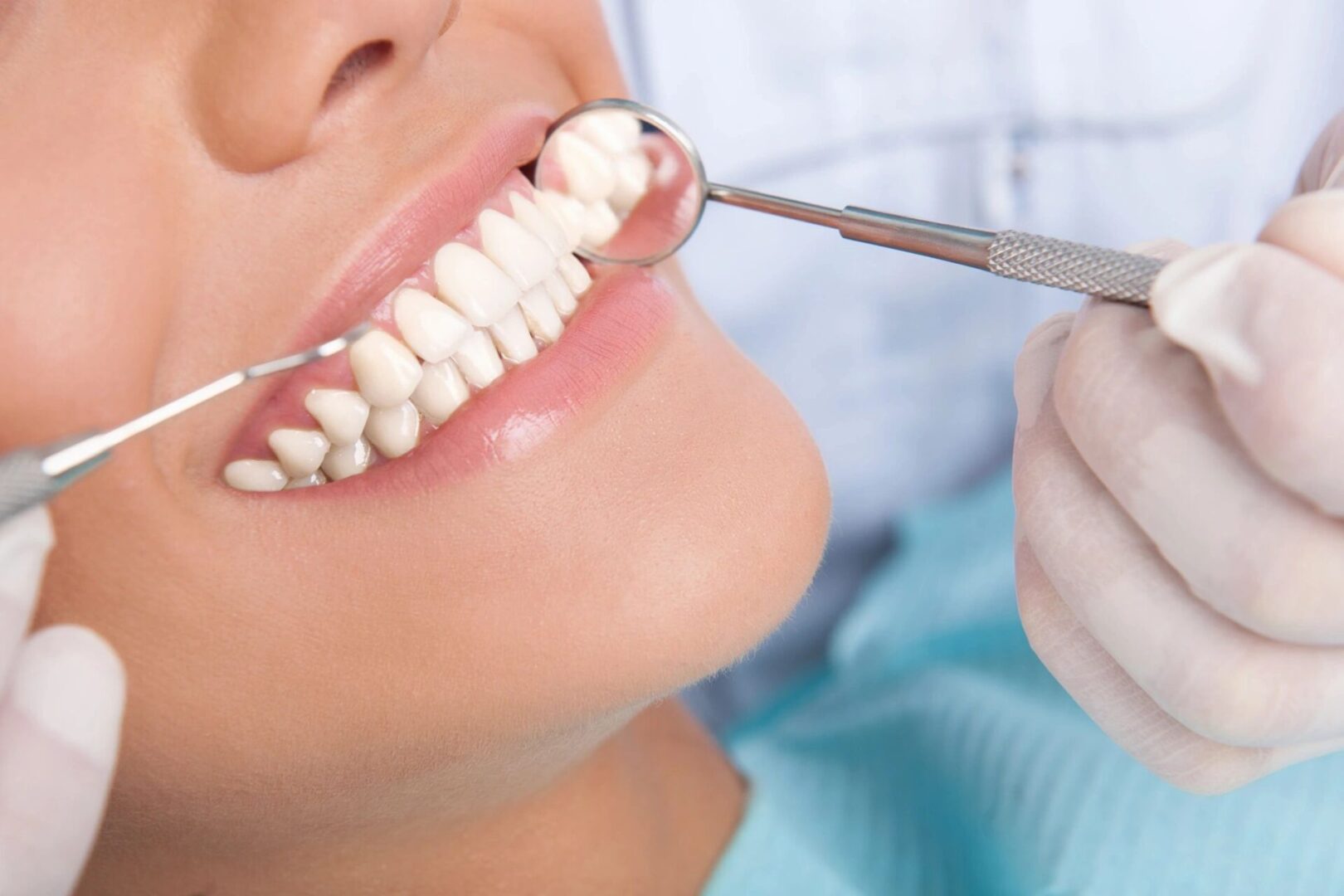Advice on Proper Denture Use and Maintenance
Your new dentures are as close to natural teeth as you can get. Today, millions of people wear dentures, and they all had to go through the initial period of adaptation. You will too. In the beginning, you may experience some of the following:

Care Following Bone Graft Or Implant Replacement
Adapting to Your New Dentures Will Take Some Time
Your mouth will eventually adjust to the feel of your new teeth. You may have to practice saying certain words and syllables that you may have a problem with. In the process, you will develop new control of swallowing and facial muscles.
You must learn to control your tongue which will tend to thrust forward, this may dislodge the lower denture. Don't be embarrassed, the transition time is often relatively short.
At first, try speaking a little slower than usual, and you will soon master the slight adjustment you have to make to acquire your former speaking ability.
Eating and Drinking
When you are eating, you should understand that you cannot bite, tear, and grind food as before. It will take some time to develop the special muscle control you will need to utilize your new dentures effectively. Your eating habits will have to change somewhat.
You may have to temporarily avoid some foods that are hard, sticky, or chewy. Selecting soft foods, cutting them into smaller pieces, and eating more slowly could also be a necessity as you get used to your dentures.
While you are eating, be sure to move your jaw naturally, as abnormal movement may dislodge the dentures. Drinking liquids while eating gooey foods will prevent them from sticking to your dentures.
You should not bite down hard with your front teeth until you are well-practiced at it. Try to avoid very hot food and drinks to prevent burns, since dentures insulate temperature sensations.
Finally, it is up to you whether or not you want to use a denture adhesive to increase your confidence and help prevent denture dislodgement. Be sure to consult your denturist on this.
Proper Care of Your Dentures
Your dentures should be cleaned twice a day to remove plaque build-up, stains, and odor-causing bacteria. Keep in mind that the surface of the denture material is considerably softer than natural teeth and can be more easily damaged.
So, treat your dentures with care and avoid using any kind of abrasive cleansers, which includes many regular toothpaste brands. Here are some other dos and don’ts on proper denture use and maintenance.
Do
Don't
Also
With a little practice, you'll soon be speaking and eating (and smiling) with confidence. Remember, you're not alone. Millions of others wear dentures too.
Meet With Our Expert Denturist
Dr. Mansbridge in Hamilton provides exceptional denture services. If you require denture work or have any questions, feel free to pop into our office.
